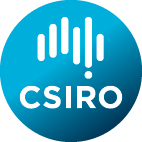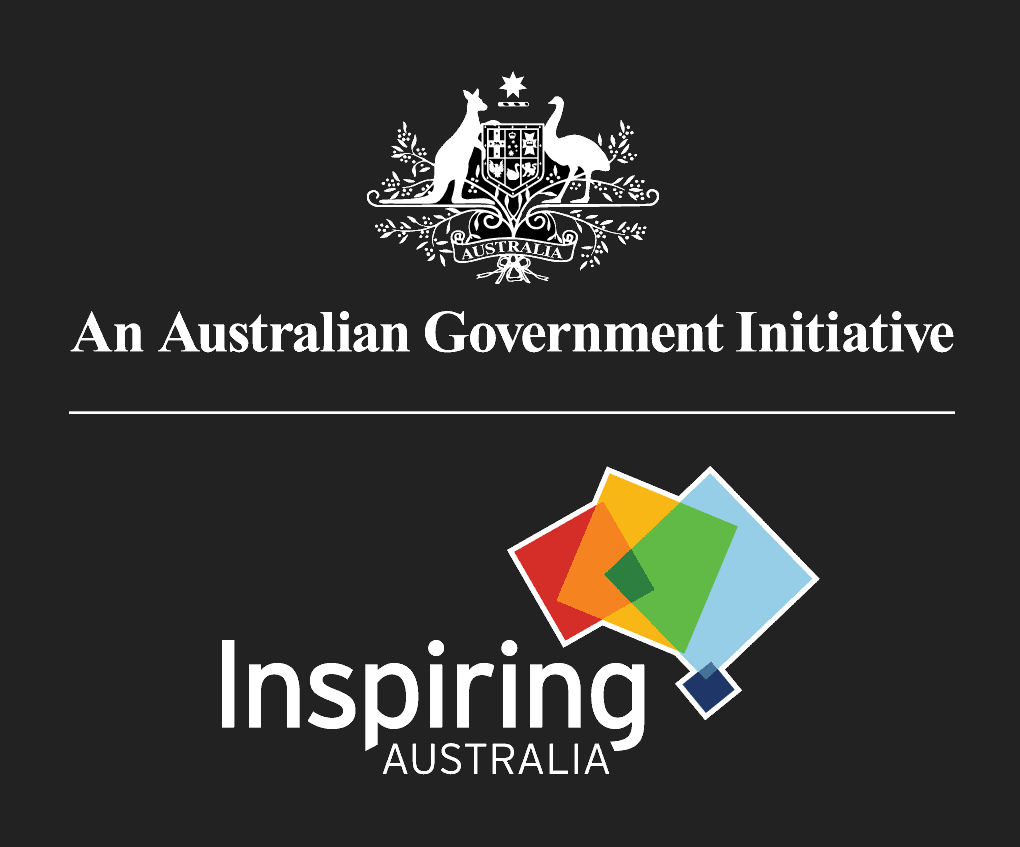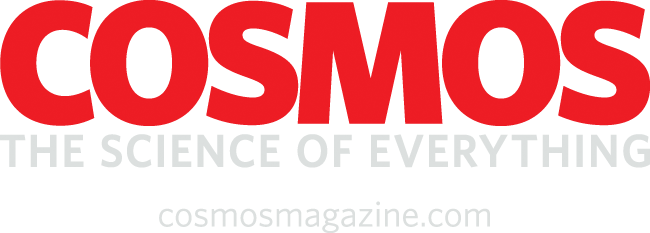Details
Monday 3 February, 8:30 – 9:45, Auditorium
Presenter
Professor Ian Lowe
Abstract
When science was seen as a body of secure knowledge, given credibility by the scientific method and peer review, the task of the communicator was straightforward: understand the science well enough to explain it clearly and simply, then craft the explanation. We now understand science as a process of successive approximations to an understanding that will always have limitations and uncertainties: “islands of understanding in an endless sea of mystery”. So communication demands a responsibility to distinguish between what is known with confidence, what is thought probable but uncertain, and what remains unknown.
A greater challenge is the backlash against science from those whose interests or ideology are threatened. Denial of global environmental problems like climate change, of “peak oil” and limits to growth generally, is now a serious issue. Those denying these inconvenient truths flood the blogosphere with personal abuse, unsubstantiated assertions, cherry-picking of data, misquoting of respectable scientists or distorting their views by quoting out of context, and claims that have been systematically refuted. Science communicators have a responsibility to counter this tsunami of misinformation and facilitate community understanding of these important issues.











z